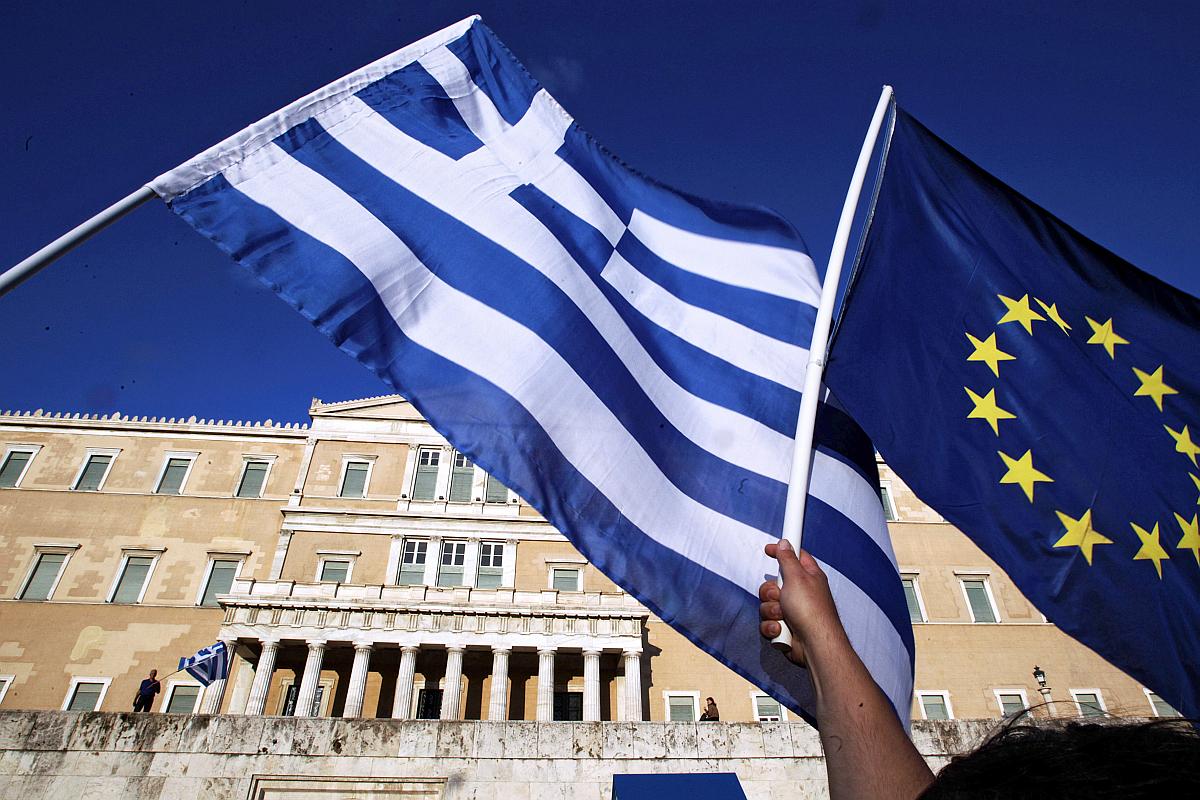
Prime Minister Miro Cerar stressed that the agreement on a new bailout program for Greece was only an agreement in principle, as it has yet to be backed by the Greek parliament. This agreement could then serve as a basis for further negotiations. Cerar expects the Greek parliament to okay the bailout deal within the next two days.
Cerar highlighted that Slovenia has always striven to keep Greece in the Eurozone, urging Europe to show solidarity with the people of Greece in order to help those in need. “In return, the Greek government has to demonstrate the political resolve to implement structural and other reforms – as well as changes that will enable Greece to get on a path of sustainable and long-term growth,” stressed Cerar, adding that there are other European countries that need to give the deal the thumbs-up: Germany, Finland and the Netherlands.
“I expect everyone to move on to the next stage within the next few days when we will have to decide whether or not to approve a third bailout for Greece. On the other hand, Greece will have to commit to implementing a set of very strict measures and structural reforms in exchange for financial help,” added Cerar. The third bailout program for Greece is estimated at 82 billion euros or more.
Moreover, Cerar talked about Slovenia’s exposure to Greek debt in case the bailout goes through. The country’s exposure to Greece is 3.2 percent of gross domestic product (GDP) – the highest in the EU.
“That is something I explicitly pointed out at the meeting of Eurozone leaders yesterday. I issued a special statement saying that Slovenia wants to reduce its exposure to Greece if the bailout deal goes through. Slovenia demands lower exposure from now on,” explained Cerar. He demands that Slovenia’s exposure to Greek debt be lowered to average or below average levels.
G. C.; translated by D. V.

































































